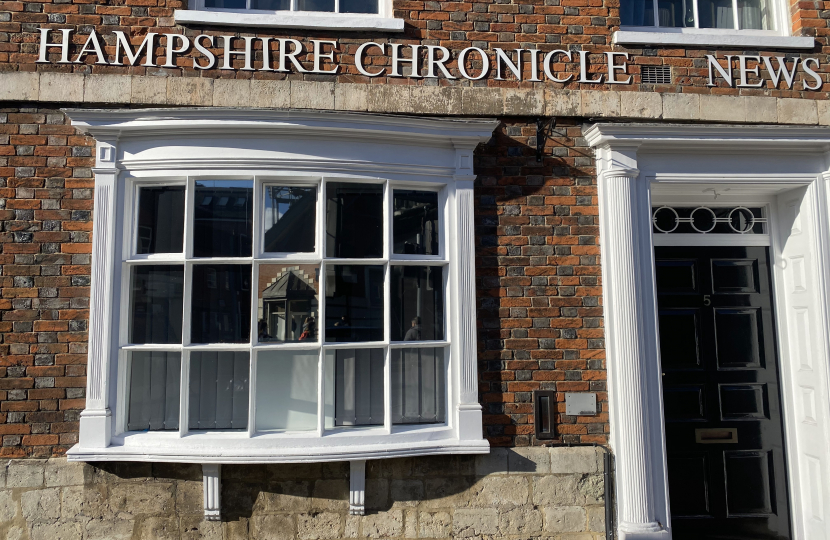
This month I am returning to a familiar subject; one which my constituents know I am passionate about.
In recent weeks, I have spoken in Parliament about the new ten-year Cancer Plan. As a former Minister in this area, I know huge strides have been made in cancer care recent years – indeed in the last fifteen, one-year survival has increased by more than 10% and for patients diagnosed in 2015, their survival rate was 72% after one year.
The new blueprint builds on the NHS Long Term Plan which I published in January 2019. It set an ambition that, by 2028, the proportion of cancers diagnosed at stages 1 and 2 will rise from around half now to three-quarters of cancer patients. We know early diagnosis is cancer’s magic key so this is a must.
Our new vision, which is out for you to comment on right now, outlines how we will lead the world in cancer care. We will be taking a long-term look at how we harness innovation and what we want the patient experience to look like over the next decade.
We will be drawing on the latest technologies and the smartest possible use of data. The NHS Galleri trial has given us a glimpse into how technology can transform the way that cancer is detected. As part of this plan, we will pursue every possible opportunity to partner with this country’s tech pioneers, who had such a decisive impact during the pandemic, so we can harness and deploy the technologies that offer so much hope.
This obviously includes improving the number of people who are diagnosed at an early stage, boosting the cancer workforce without which this cannot happen, intensifying research on mRNA vaccines for cancer and delivering more personalised care both before and, crucially, after treatment. If we get this right, not only will we save lives, but we reduce the impact cancer has on the NHS, by tackling it earlier on.
Cancer has not, of course, gone away over the past two Covid years. The pandemic has impacted upon many cancer patients and their families, who will naturally have been concerned about potential changes to their cancer treatment plans, visiting their GP or hospital during the pandemic, or about their increased vulnerability to the virus.
While many cancer patients will recognise these concerns, the data shows that NHS staff have risen magnificently to the challenge of maintaining cancer services. Overall cancer treatment has been maintained with 95% of people starting treatment, once they are diagnosed of course, within a month.
I pay great tribute to the staff at Hampshire Hospitals who played their part in doing just that for my constituents, making the most of the ground-breaking deal we did with Sarum Road to keep oncology services off-site and separate from the main hospital.
One pandemic fallout I am very concerned about is screening, for breast cancer especially. That is why I am working with Breast Cancer NOW and will, next month, introduce a new Bill in Parliament focusing on the early diagnosis of breast cancer after news that half of women in England with potential symptoms were not seen by a specialist within two weeks of referral in December. The consequences of such could obviously be extremely worrying.
Cancer is a battle I have, personally, lost more than I have won so I am going to work really hard to make this strategy a success and support our NHS. You can read more about the ten-year plan, my Bill and work locally at stevebrine.com/prioritynhs
Steve Brine MP

